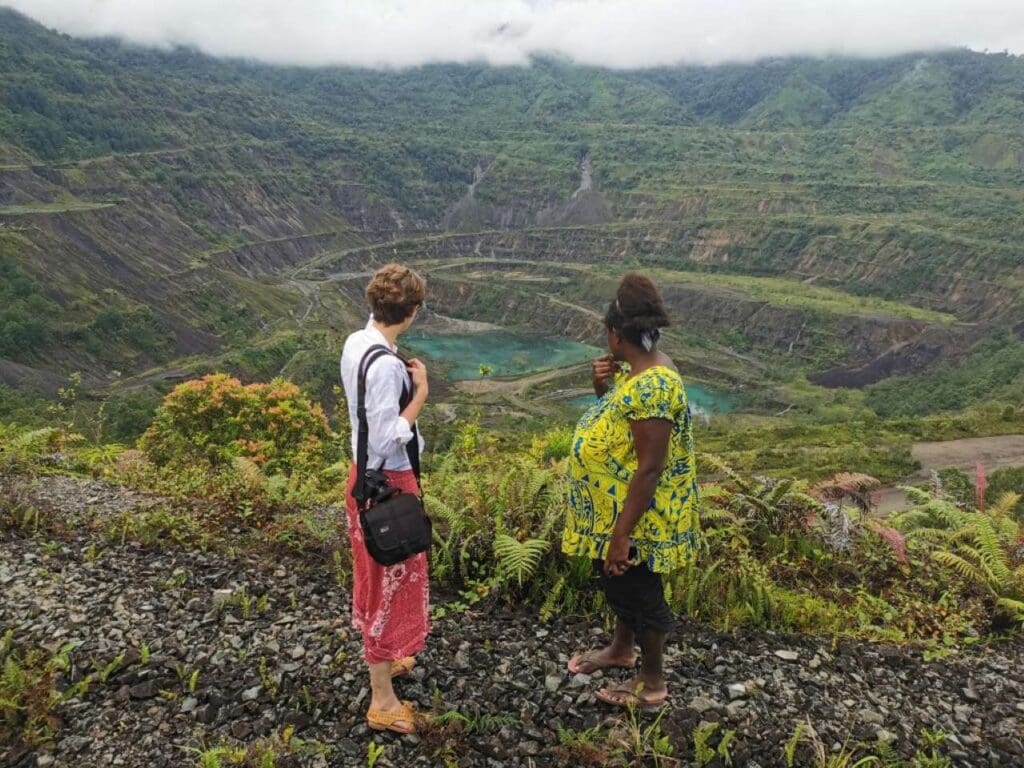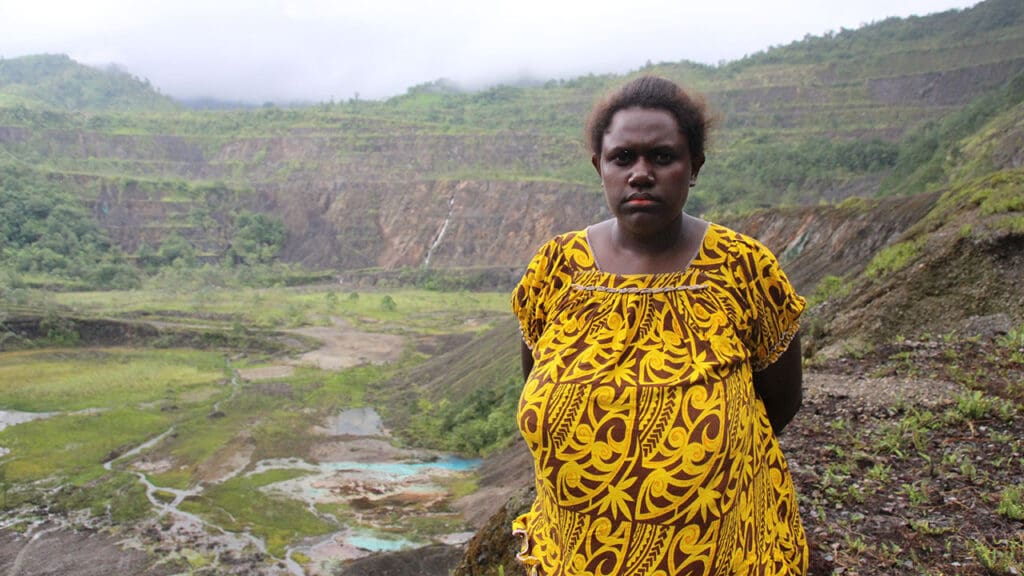Australian Government must ban imports made with forced labour: Senate committee to hear
Evidence of mass internments, widespread forced labour and other atrocities against Uyghurs and other Turkic Muslims in Xinjiang provide an urgent case for action by the Australian Government to ensure businesses are not complicit in serious human rights abuses, the Human Rights Law Centre will tell a Senate inquiry today.
“There is credible evidence that products made with Uyghur forced labour, particularly in the apparel sector, are ending up on Australian shelves,” said Freya Dinshaw, a Senior Lawyer at the Human Rights Law Centre.
“Australia should immediately move to introduce import controls to ensure that companies are not profiting from these abuses.”
Dinshaw added however that the Customs Amendment (Banning Goods Produced by Uyghur Forced Labour) Bill 2020, the subject of the inquiry by the Senate Foreign Affairs, Defence and Trade Legislation Committee, should be broadened to target all goods made with forced labour, not just those from China.
“Our response should target the crime, not the country. There are 25 million people trapped in situations of forced labour globally, and almost two-thirds of them are in our region. Each of these people, whether they are trapped on a Thai fishing vessel or in bonded labour in an Indian factory, is being abused. The law shouldn’t single out imports from just one country or region.”
Dinshaw said that countries like the US and Canada had already implemented a global imports ban on forced labour and Australia should do the same.
“The US system enables confiscation of goods where investigations reveal reasonable evidence of forced labour – such as with cotton and tomatoes from Xinjiang – and pushes the onus back onto importers to show their goods are slavery-free. And it works. We’ve seen significant pressure pushed back onto suppliers to lift their game.”
The Human Rights Law Centre has also called on the Federal Government to:
-
Establish a special investigations unit within Australian Border Force to enforce the ban;
-
Strengthen Australia’s existing modern slavery laws through the addition of penalties for non-compliance and an independent anti-slavery commissioner; and
-
Require Australian companies sourcing from high-risk locations like Xinjiang to undertake human rights due diligence to ensure they are not profiting from abuse.
WATCH: The inquiry by the Senate Foreign Affairs, Defence and Trade Legislation Committee here.
Contact: Michelle Bennett,
Engagement Director,
0419 100 519

Rio Tinto to face scrutiny at AGM for response to Panguna mine disaster
As shareholders meet in Perth today for Rio Tinto’s AGM, communities living with the ongoing devastation from Rio Tinto’s former Panguna mine are calling for the company to urgently commit to funding long-term solutions.
Read more
Bougainville community leaders demand seat at the table in remediation discussions with Rio Tinto
Bougainville community leaders are calling for a seat at the table in discussions about the potential remediation of the environmental devastation caused by Rio Tinto’s former Panguna mine, scheduled to begin in Port Moresby today.
Read more
Major environmental damage and human rights impacts to Bougainville communities confirmed by independent investigation into Rio Tinto’s former Panguna mine
Communities living with the ongoing devastation from Rio Tinto’s former Panguna mine in Bougainville are calling on the company to commit to funding remediation and addressing public safety risks, after a major independent investigation funded by the company confirmed life-threatening, ongoing social, environmental and human rights impacts from the mine.
Read more



